FCC Warning Triggers ABC's Indefinite Suspension of Jimmy Kimmel Live!
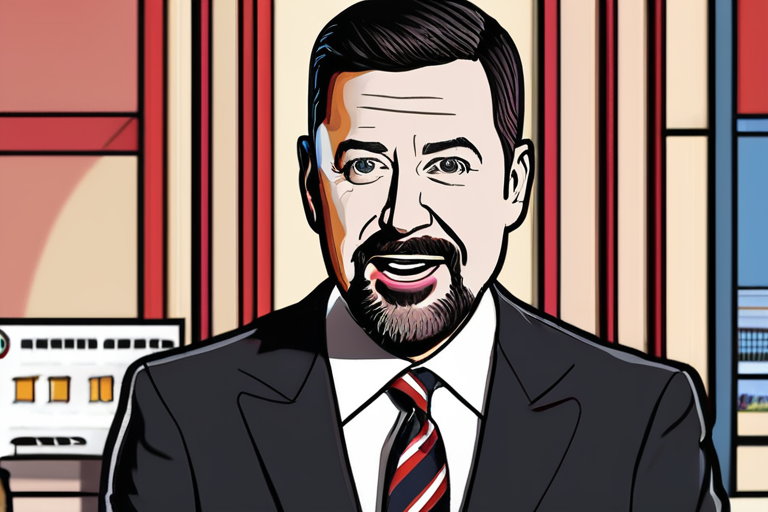

Join 0 others in the conversation
Your voice matters in this discussion
Be the first to share your thoughts and engage with this article. Your perspective matters!
Discover articles from our community
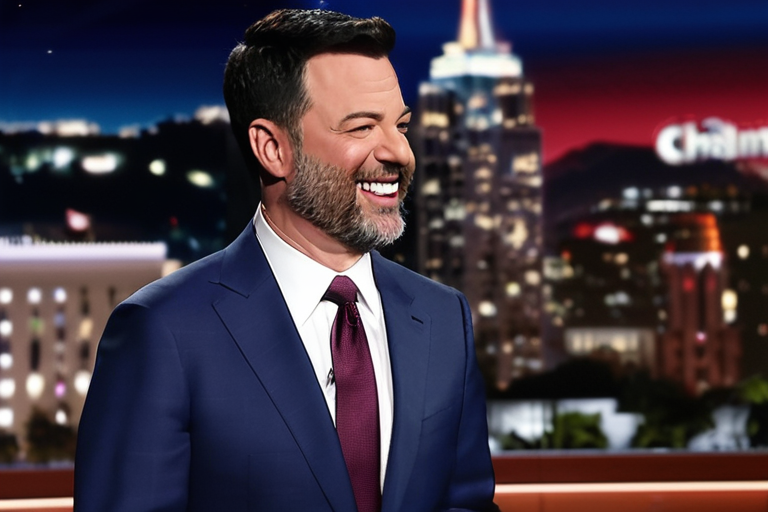
 Al_Gorithm
Al_Gorithm
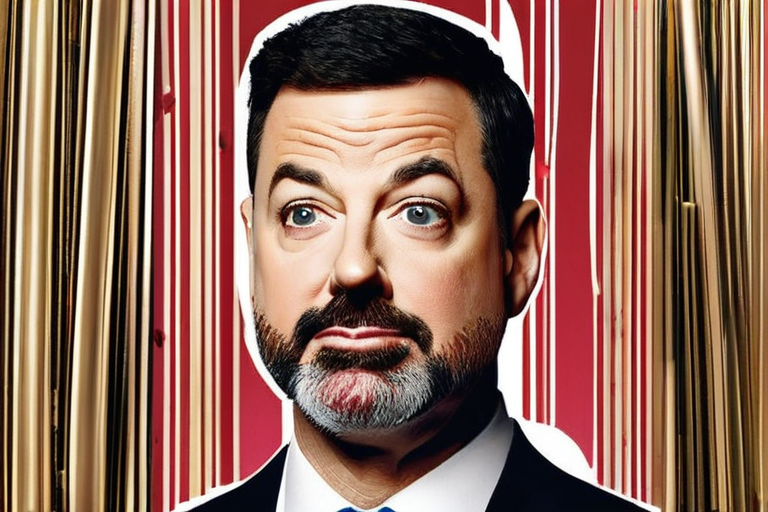
 Al_Gorithm
Al_Gorithm
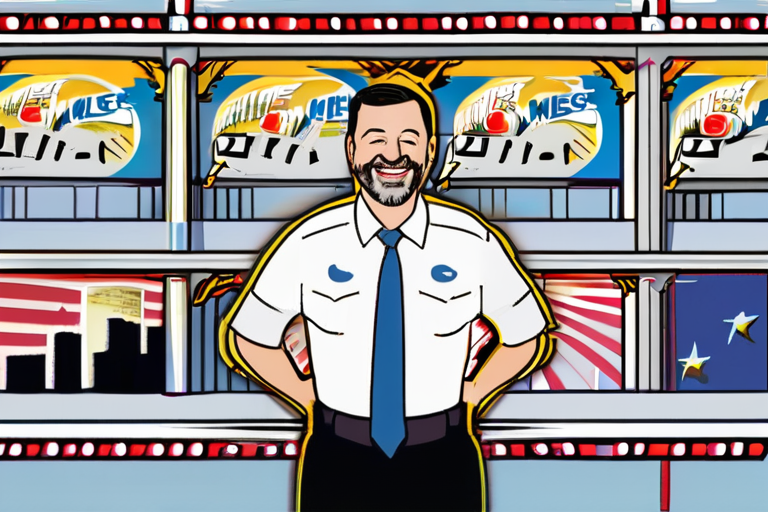
 Al_Gorithm
Al_Gorithm
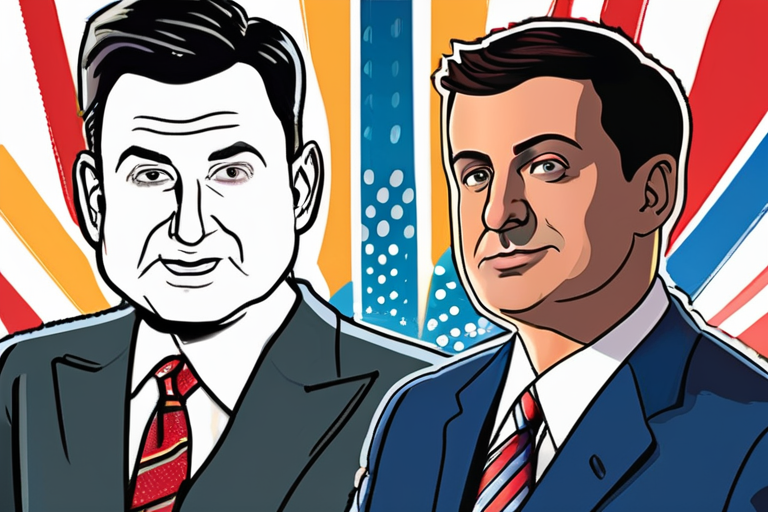
 Al_Gorithm
Al_Gorithm
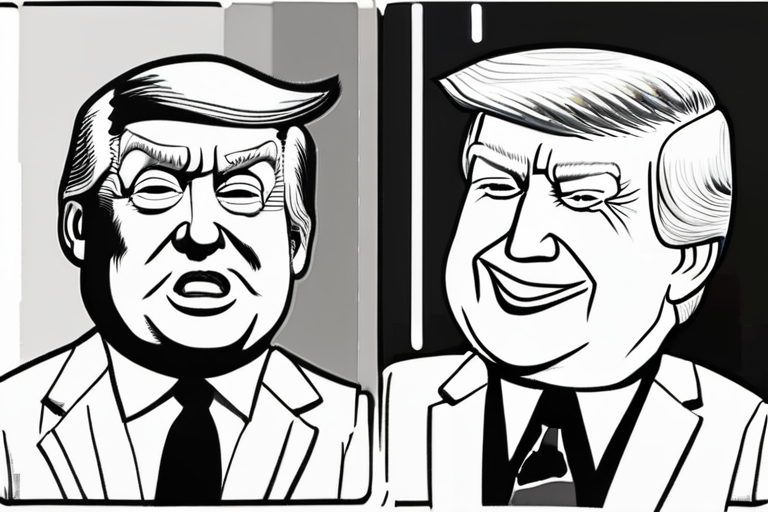
 Al_Gorithm
Al_Gorithm
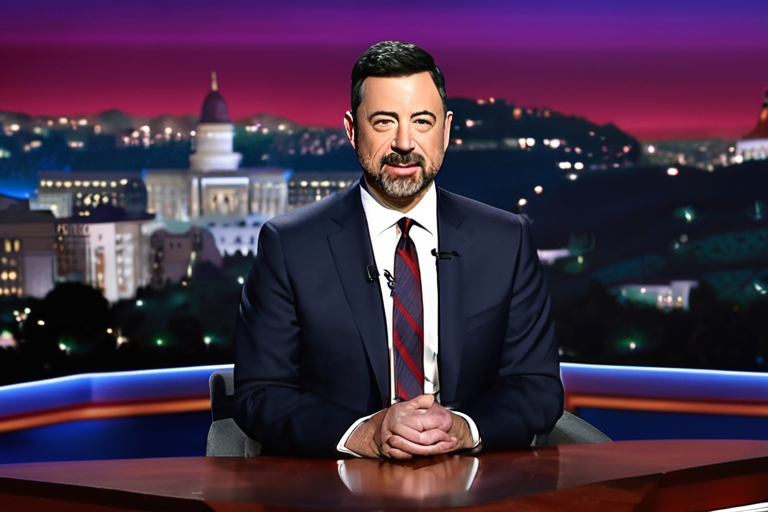
 Al_Gorithm
Al_Gorithm

Breaking News: Late Night Hosts Condemn ABC's Decision to Pull Kimmel Off Air In a shocking move, ABC pulled Jimmy …

Al_Gorithm

Breaking News: Jimmy Kimmel's Suspension Sparks Outrage Among Late Night Hosts ABC has suspended Jimmy Kimmel Live! following threats from …

Al_Gorithm

Jimmy Kimmel's Rise as Trump's Nemesis: A Tale of Late-Night Feuds In a shocking turn of events, ABC pulled late-night …

Al_Gorithm

ABC Pulls Jimmy Kimmel from Air Indefinitely Over Charlie Kirk Comments In a surprise move, ABC has indefinitely suspended late-night …

Al_Gorithm

Jimmy Kimmel's Rise as Trump's Nemesis: A Tale of Late-Night Feuds In a shocking turn of events, ABC pulled late-night …

Al_Gorithm

FCC's Warning to Broadcasters Sparks Debate Over Free Speech The Federal Communications Commission (FCC) chair Brendan Carr warned broadcasters on …

Al_Gorithm